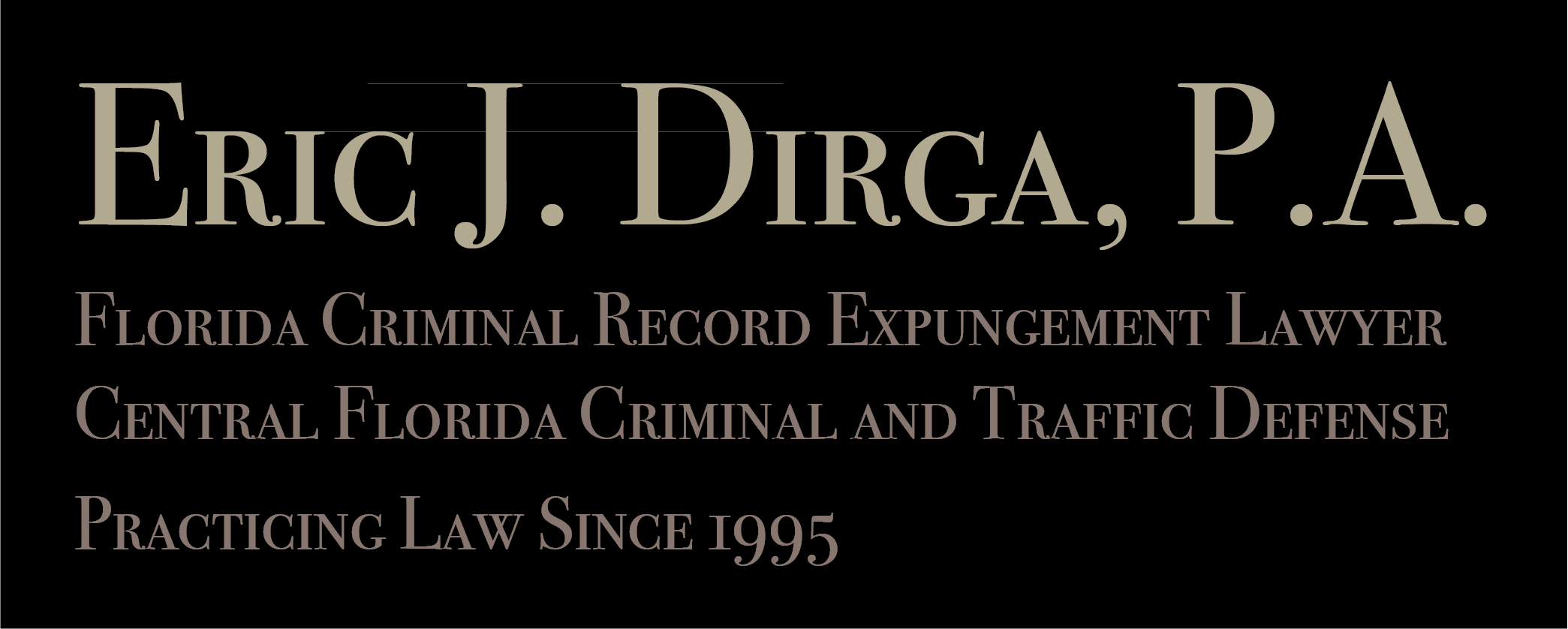MEETING STATUTORY CRITERIA – BURDEN SHIFTING?
Green v. State
It seems obvious that a “petitioner” for relief would carry the burden. The question with sealing or expunging a criminal record in Florida is whether meeting all the statutory and rule criteria shifts the burden to the state? This has become a more interesting issue due to recent opinions that have come down from the higher courts. To really get at this issue we need to delve back to a short little case called Green v. State, 505 So.2d 38 (Fla 4th DCA 1987). This case is brief and to the point:
“Not only do appellant’s petition and affidavit meet the statutory criteria, but the forms appellant has used have been approved by the supreme court. Since appellant’s petition was alternatively titled ‘Petition to Expunge or Seal,’ the trial court abused its discretion in denying appellant’s petition where appellant met the criteria for the sealing of criminal history records as provided by section…”
This seems to suggest that once the petitioner has fulfilled the requirements of the statute the court is obliged to grant the petition absent an objection from the state.
Anderson v. State
Ten years later, in a case called Anderson v. State, 692 So.2d 250 (Fla. 3d DCA 1997), the court was a bit bolder in its position and clarified it this way, it stated that:
“It is our view that once an applicant satisfies the criteria set forth in Rules 3.692 and 3.989(d), the applicant is presumptively entitled to an order to seal or expunge court records.”
This refers to the Rules of Criminal Procedure and “court records” and seems to suggest that the court is bound to seal the court records so long as the Rules have been followed. Non-judicial records are governed by statute.
Kanji v. State
The court said that denial of the petition was discretionary but, if all requirements had been met, the court was required to give “good reason for denial based on the facts and circumstances of the individual case.” Id. at 252. Moreover, “the exercise of discretion contemplates that the court will make its decision based on consideration of all the facts and circumstances, rather than deciding the petition solely on the nature of the charge.” Id. at 254: Kanji v. State, 4 So.3d 65 (Fla. 5th DCA 2009)(reiterating that the term “sole discretion” is not unfettered discretion permitting the arbitrary denial of an expunction).
Baker v. State
Now the shift of the burden is seemingly complete upon meeting the statutory criteria (for non-judicial records) and the criteria required to be met in the Florida Rules of Criminal Procedure (judicial records). In Baker v. State, 36 Fla. L. Weekly D275a (Fla. 1st DCA, Feb 7, 2011), the court, referencing the statutory and rules requirements, stated that although “these authorities do not confer a right to expunction on the petitioner, satisfaction of their requirements does create a presumption in favor of expunction.” The court went on to state that “it is an abuse of discretion [the standard by which appellate courts review denials*] for the trial court to deny the petition without a factual basis.” Id. (citations omitted).
WHAT IS THE FACTUAL BASIS REGARDING A DENIAL OF A PETITION TO EXPUNGE?
In order for the court to have a factual basis to support the denial of a petition to expunge (that has met all statutory and rule requirements) the court must rely on “the facts and circumstances of the individual case.” Harman v. State, 12 So.3d 898, 899 (Fla. 2d DCA 2009)(emphasis added). In Harman, the trial court denied the petition based solely on argument of the prosecutor despite the petitioners compliance with all requirements. No testimony or documentation was offered by the state. The Harman court found this to be an abuse of discretion (even though the petitioner failed to object to the state’s argument). Id. at 899; see also VFD v. State, 19 So.3d 1172 (Fla. 1st DCA 2009)(stating that “[i]n the absence of evidence presented at the hearing to support the prosecutor’s representations, the trial court had no specific factual basis to support the denial of VFD’s petition to expunge”). Thus, as the First and Second DCA have articulated, actual evidence must be properly admitted to form a factual basis for a trial court to rely on in denying a petition that has met all statutory and rule requirements.
*Oymayan v. State, 765 So.2d 812, 814 (Fla. 1st DCA 2000); VFD v. State, 19 So.3d 1172, 1174 (Fla. 1st DCA 2009).
…to be continued.
 Attorney Eric J Dirga, PA
Attorney Eric J Dirga, PA




